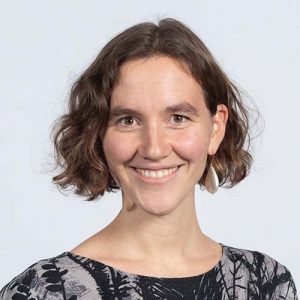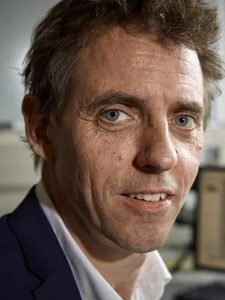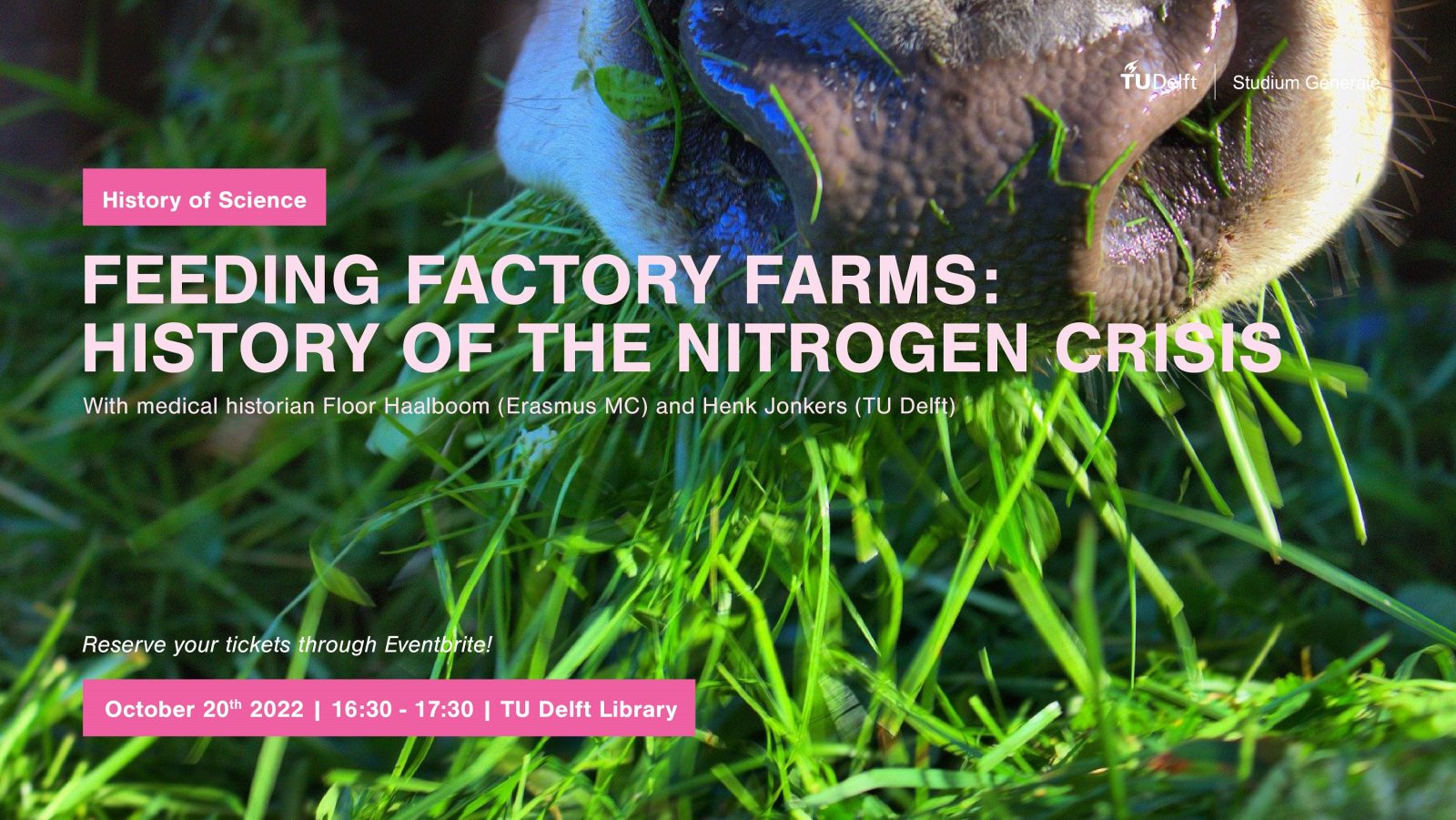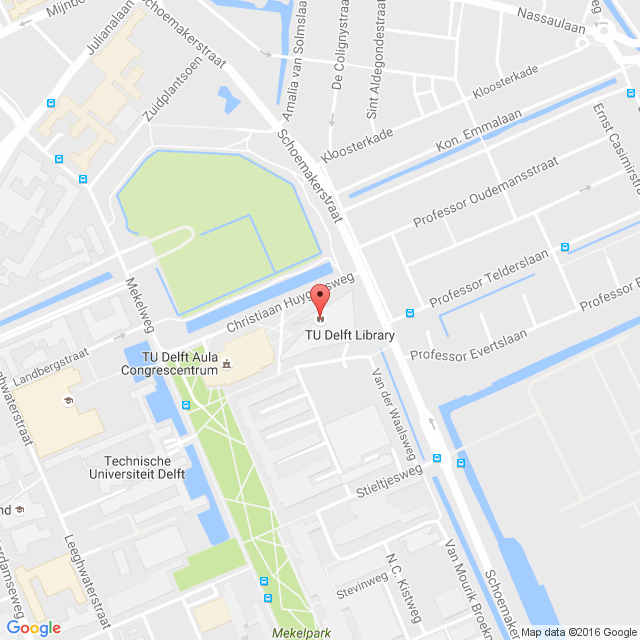Recording: History of Science | Feeding Factory Farms: The History of the Nitrogen Crisis
The Netherlands is not only a densely populated country in terms of people, but also in terms of chickens, pigs and dairy cows. These inhabitants of ‘factory farms’ have to eat. A lot. Millions of tons of feed are shipped across oceans to make intensive livestock production possible. This creates global and local problems. Animal feed production competes with human food production. Soy for feed connects the destruction of the South American rain forest to the Dutch nitrogen crisis. How did this situation come into being? And why is it so difficult to change? This is the story of feeding factory farms in the Netherlands: a history of unprecedented growth fueled by grains and oilseeds from all over the world. It is also a story of unprecedented environmental trouble.
In today’s History of Science event, Floor Haalboom will give us historical background, while Henk Jonkers will respond from a contemporary scientific perspective. There will be room for all of us to ask questions as well, and we invite you to stay for drinks. Register here!

Dr. Floor Haalboom is environmental and medical historian at Erasmus University Rotterdam. She is currently working on the NWO-funded Veni project ‘What does your meat eat? The global impact of Dutch livestock feed from 1954 up to the present’.

Dr. Henk Jonkers is Professor of Bio-adapted and Sustainable Building Materials at the TU Delft. These are materials that contain, or stimulate growth of, living organisms resulting in increased functional performance and decreased environmental impact.
In collaboration with the Academic Heritage Team & the TU Delft Library
History of Science series
In the History of Science series, Studium Generale will team up with the Academic Heritage Team to connect the past with the present. In each session, a historian is asked to form a panel with experts from the TU Delft to explore the roots of one of today’s issues. They will examine the roles that science, technology, and engineers have and could take to address the critical issues of our time. The Library invites students, staff, and researchers to come interact and join these discussions.



